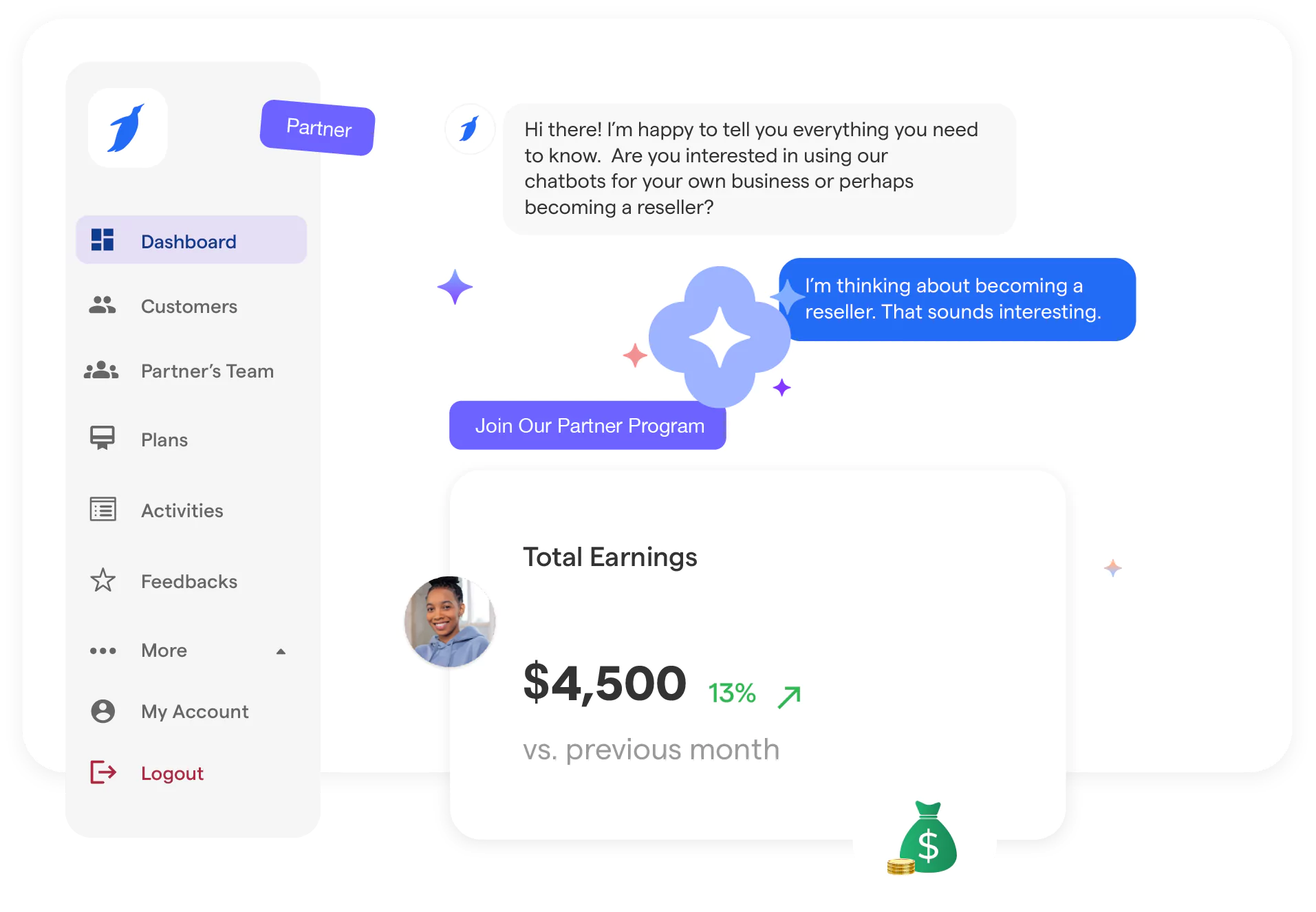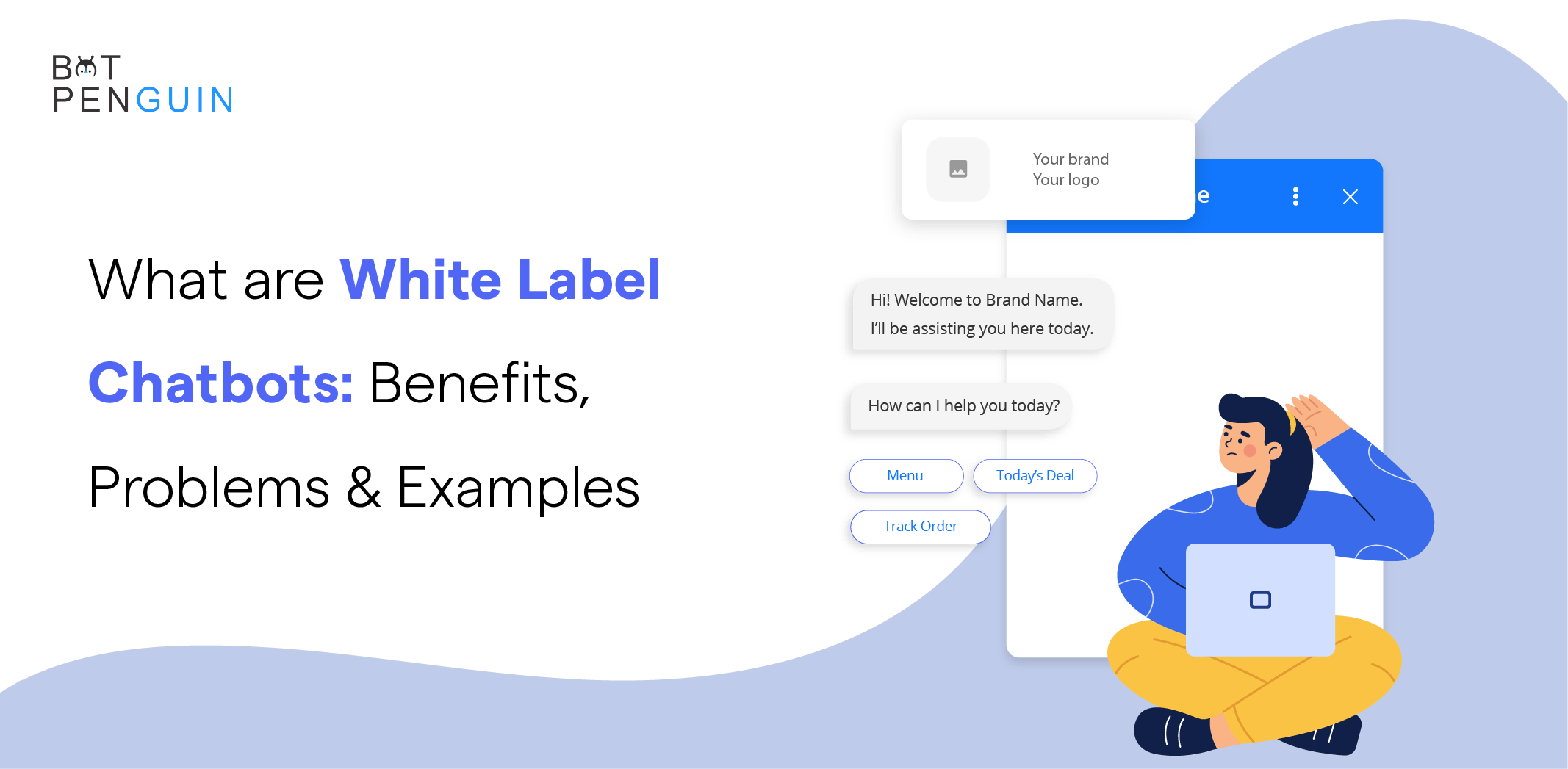Are you finding it challenging to expand your product offerings without significant investment in development and infrastructure?
Are you struggling to keep pace with the growing demand for cutting-edge AI solutions? A White Label Partnership could be the ideal solution.
A White Label Partnership allows businesses to rebrand and sell third-party products as their own. This strategy not only helps you quickly expand your product portfolio but also lets you focus on what you do best—building your brand and customer relationships.
By using a white-label solution, you can offer advanced AI chatbot technology without the burden of in-house development costs.
In this article, we'll delve into the concept of a White Label Partnership, explaining how it works and its types and highlighting the benefits & drawbacks it can bring to your business.
What are White Label Partnerships?
Business growth often depends on the manufacturer and its vendors. Sometimes, the person manufacturing a good or service doesn't sell it under their brand name.
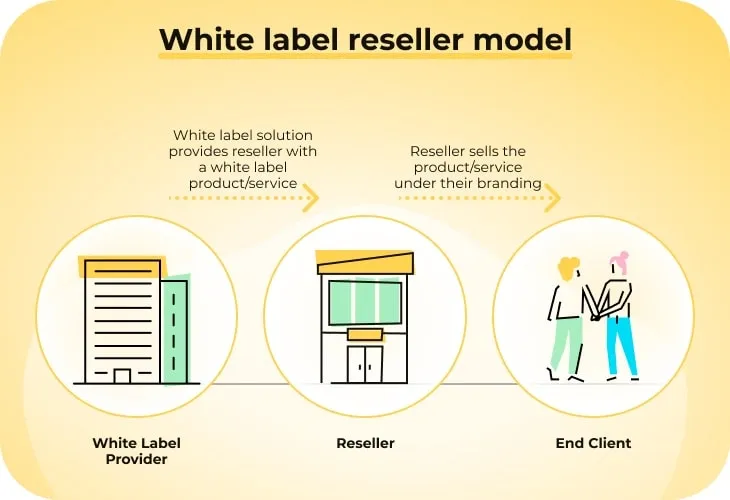
Instead, another person sells it under their own brand. This arrangement is known as a White Label Partnership—a business relationship benefiting both parties.
The manufacturer develops the product, and the vendor sells it under their brand name. It can include both physical and digital products.
Structure of a White Label Business Model
The white label business model involves a manufacturer creating products for vendors to rebrand and sell as their own, with clients purchasing and end users experiencing the vendor-branded product.
Manufacturer
- Develops and produces the product.
- Handles the rebranding process for the vendor.
Vendor
- Purchases the product from the manufacturer.
- Sells the product under their own brand name.
Clients (Customers of the Vendor)
- Purchase the rebranded product from the vendor.
- Rely on the vendor for product support and services.
End Users
- Use the white-labeled product.
- Experience the product as branded by the vendor.
In summary, white label partners collaborate in a White Label Partnership to create a mutually beneficial business relationship, allowing both parties to leverage each other’s strengths and drive growth.
Types of White Label Partnerships
White Label Partnerships come in various forms, each offering unique advantages for businesses.
Here, we explore the different types of white label partners and their specific roles in a white-label agency.
Product-Based White Label Partnerships
White label partners collaborate to rebrand and sell products manufactured by another company under their own brand name.
- Physical Products: Vendors sell rebranded physical goods produced by manufacturers. This can include anything from electronics and clothing to health and beauty products.
The vendor benefits by expanding their product range without the need for manufacturing.
- Digital Products: Vendors offer rebranded digital solutions such as software, apps, or online tools. This allows businesses to quickly provide advanced digital products to their clients without investing in development.
Software as a Service (SaaS) White Label Partnerships
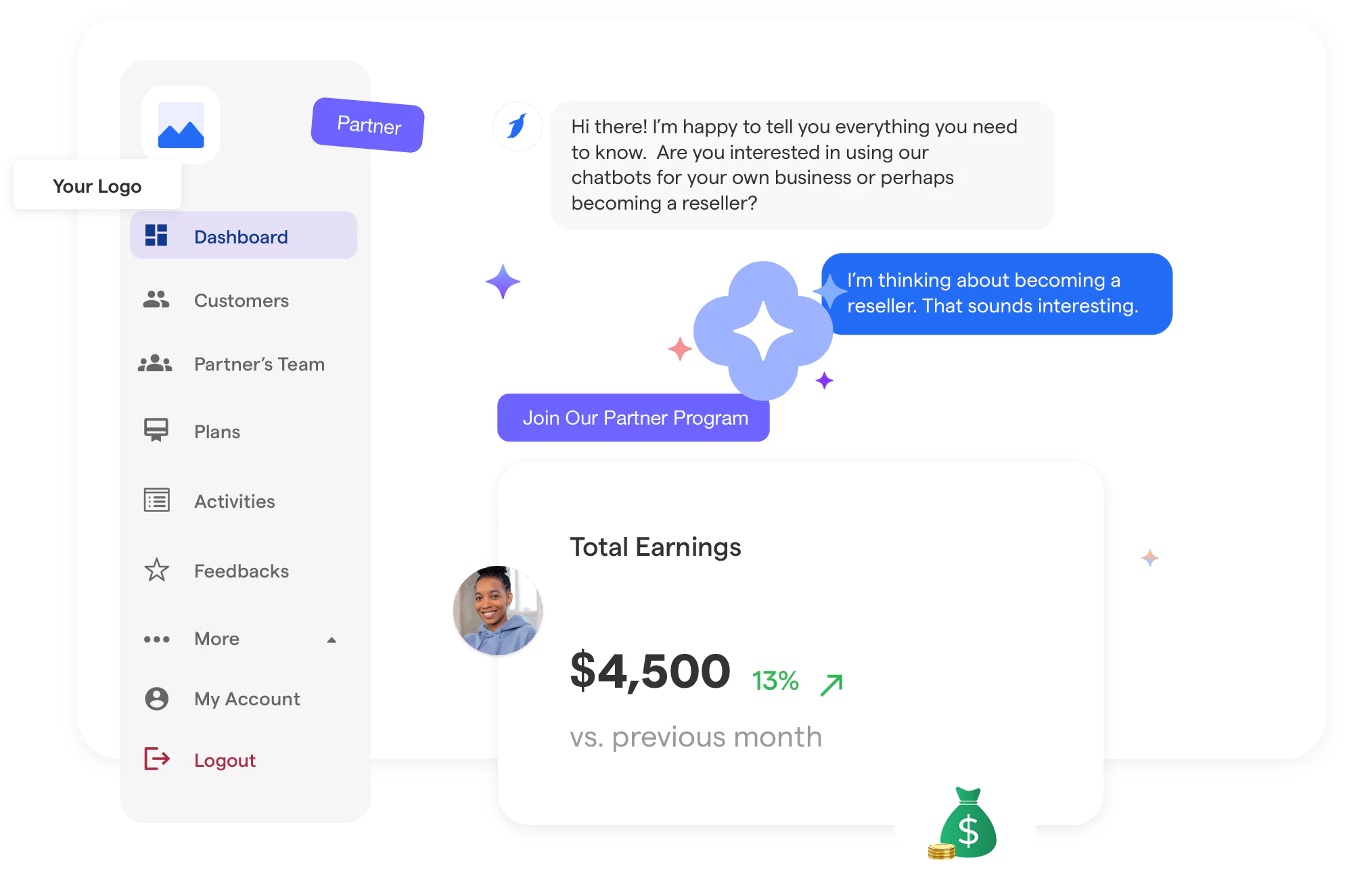
SaaS white label partners focus on software platforms that are rebranded and sold under a different name.
For example, BotPenguin has a white label chatbot partner program, allowing resellers to sell branded AI chatbots with multi-channel capabilities.
- White Label Software: Vendors rebrand and sell software platforms, offering their clients customizable solutions without development costs. This includes project management tools, accounting software, and more.
- White Label Apps: Mobile and web applications rebranded and sold by vendors to fit specific business needs. This enables companies to provide tailored app solutions to their clients quickly.
Service-Based White Label Partnerships
In this model, white-label agencies rebrand and provide services developed by another company.
- Marketing Services: White-label agencies provide rebranded marketing services, including SEO, content creation, and social media management.
This helps agencies offer a full suite of marketing solutions without needing in-house expertise. You can partner with any of the digital marketing agencies to expand your offerings and deliver comprehensive solutions to your clients.
- IT Services: Vendors rebrand and sell IT solutions like cloud services, cybersecurity, and technical support. This allows them to offer comprehensive IT support to their clients without having to build the infrastructure themselves.
Platform-Based White Label Partnerships
These partnerships involve rebranding and selling entire platforms developed by another company.
- E-commerce Platforms: Vendors rebrand and sell e-commerce solutions, allowing clients to run online stores under their own brand. This provides a complete e-commerce setup without the need for custom development.
- CRM Platforms: Vendors offer rebranded customer relationship management systems tailored to their clients' needs. This allows businesses to provide advanced CRM solutions with minimal investment in development and maintenance.
Each type of partnership allows white label partners to leverage existing products and services, enabling rapid market entry and brand expansion while minimizing costs and development time.
Who are the Target Audiences of the White Label Website?
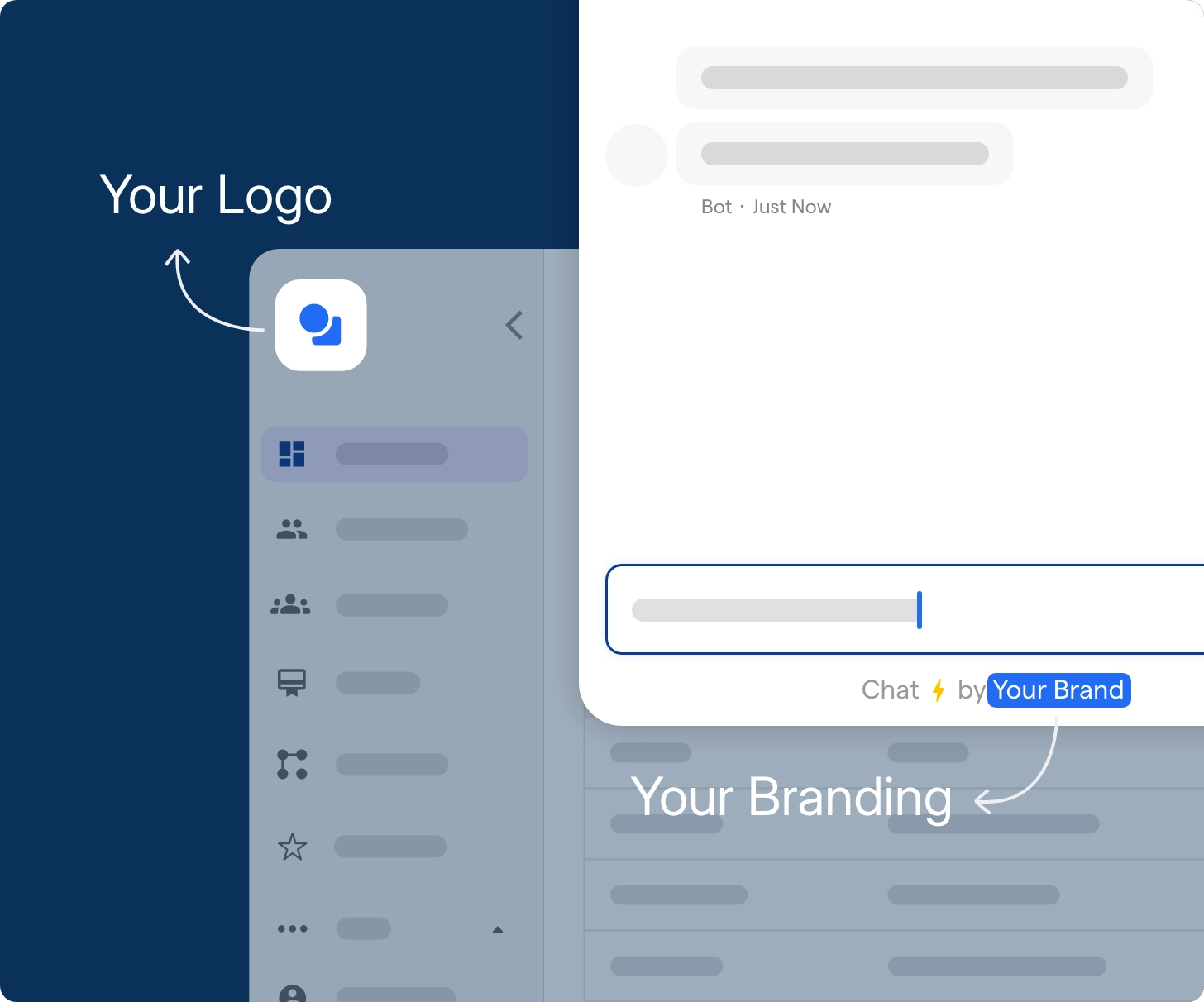
White labeling is ideal for businesses looking to expand their offerings without significant investment. It allows companies to rebrand and sell products or services developed by others.
The target audiences for White Label Websites include:
- Small to Medium-Sized Businesses: Can quickly add new products and services to their portfolio, enhancing competitiveness.
- Web Design Companies: Offer comprehensive web design and development services under their own brand without building them from scratch.
- Marketing Agencies: Provide a full suite of digital marketing solutions, including SEO, content creation, and social media management.
- Design Agencies: Offer branded design tools and services without investing in development.
- Individual Startups: Enter the market quickly by rebranding and selling established products, minimizing risk and investment.
White Label Websites help these businesses build a strong online presence and expand their service offerings efficiently.
Suggested Reading:
How To Find The Best White Label Partner For Your Business?
Why are White Label Partnerships Needed?
A White label partner gives you the power to include additional values that will help to enhance your business further.
It allows you to legally resell the products and services manufactured by other partner companies under your brand name. By associating with niche experts, you can make your clients happy and satisfied by providing expert services.
White labeling also helps expand your business without requiring a higher investment to increase your resources.
How does a White Label Partnership Benefit an Agency or a Business
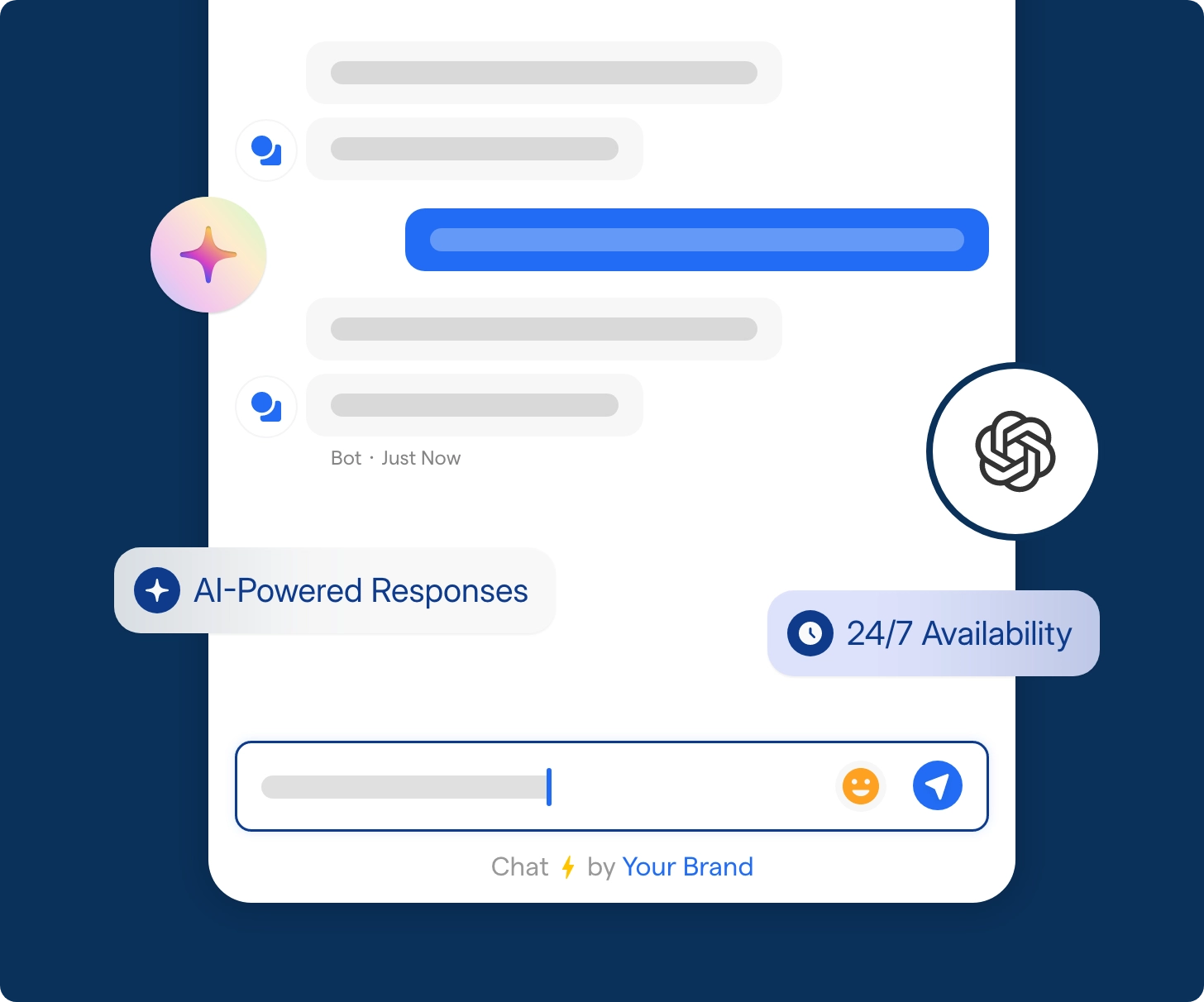
A White Label Partnership can offer significant advantages to businesses that become white label partners or resellers, enabling them to expand their offerings and enhance their capabilities cost-effectively.
Key Benefits:
- Cost Savings: Becoming a white-label partner allows businesses to save money by avoiding the need to develop products or services from scratch. This reduces overhead costs significantly.
- Access to Expertise: White-label partnerships provide access to a team of experienced professionals and advanced tools that the reseller might not possess, ensuring high-quality offerings.
- Brand Expansion: Resellers can quickly expand their product or service portfolio under their own brand, enhancing market presence and competitiveness without extensive investment.
- Scalability: White-label partners can easily scale their business by adding new products or services to meet market demand without the need for additional resources or infrastructure.
- Focus on Core Competencies: By leveraging white-label solutions, resellers can focus on their core business strengths and customer relationships while the white-label agency handles product development and maintenance.
- Faster Time-to-Market: Resellers can offer new products or services to their customers more quickly, responding promptly to market trends and client needs without lengthy development times.
- Enhanced Client Relationships: The partnership is typically confidential, allowing resellers to maintain direct relationships with their clients and receive credit for the work, thus building trust and loyalty.
- Reduced Risk: Partnering with a white-label agency reduces the risk associated with product development and market entry, as the reseller can rely on proven solutions and expertise.
In summary, white label partners provide resellers with cost savings, access to expertise, brand expansion, scalability, faster time-to-market, enhanced client relationships, and reduced risk, making it an attractive business strategy for growth and success.
Tips and Tricks to Know Before Investing in White Label Partnership
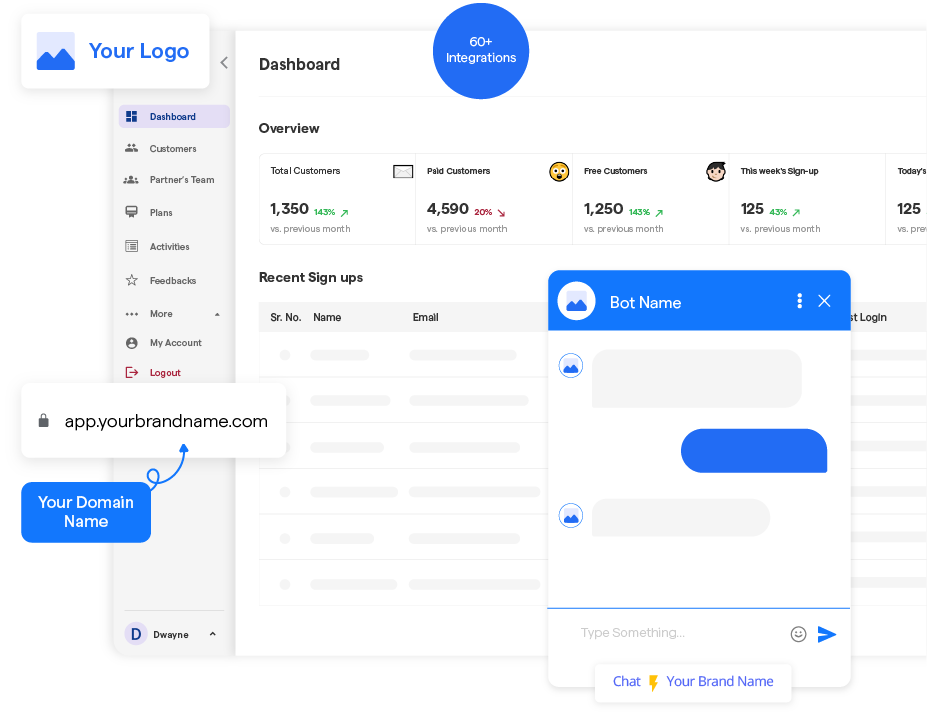
If you are planning to invest in a white label partner, the following tips will be worth reading:
- The top priority of any white-label agency should be to make you successful. Their facilities and services should align with your agency's goals and targets.
If you notice that the partnership prefers selling services and not results, it is not a good choice for your agency.
- It is necessary to choose solutions before you decide on your white-label partners. Review all the services your white label partner provides and judge whether they can satisfy your agency's needs.
- Choosing a partner who is well-recognized and has made a name for himself is wise. However, judging a white-label agency based on its online reputation is not wise. Instead, look for Google reviews, client testimonials, and portfolios.
- Working with a white-label agency with a hands-on approach to customer queries is excellent. It is essential to see if clients get answers or technical assistance when required, as it helps build a good relationship. Good customer service allows for earning a good reputation.
- Ensure that your white label partner offers detailed reports and analysis tools, as this is how to judge their works and services—a popular white-label for agencies to share frequent reports in timesheet software. Here, you can give feedback and align the team with your needs.
- Look for agencies that offer you a detailed look into their services. Choosing a white-label agency based on its market reputation is not a good idea.
Opt for agencies giving you a free trial, where you can directly communicate with the developers, assign them tasks, get a daily progress report, learn about their code quality, etc.
Bottom Line
Choosing a correct white label partner is an essential step in your outsourcing journey and a critical decision.
If chosen correctly, a white label partnership can be a turning point in your business career.
It is crucial to find an agency capable of fulfilling your demand and satisfying your business needs. Going for an agency just because of its face value or attractive features is never wise.
This blog has discussed white-label partnerships, their features, and their importance.
We have also shared tips to help you choose the right white-label agency for your business and take it to new heights. This will also reduce the risk associated with partnership and ensure the best solution for your clients.
Frequently Asked Questions (FAQs)
What is a white label partnership?
A white label partnership is a business arrangement in which one company produces goods or services, and another company rebrands and sells them as its own.
This arrangement allows the partner to offer a product without investing in its development.
What is the best white label partner program for chatbot solutions?
BotPenguin White Label Partner Program stands out as one of the best options for chatbot solutions.
With its comprehensive features, industry-leading technology, and extensive support, it offers businesses a lucrative opportunity to resell and brand chatbot services under their own name.
What are the benefits of a white label partnership?
White label partnerships offer numerous benefits, such as faster market entry, reduced development costs, access to expertise, and the ability to leverage an established brand.
What types of businesses can benefit from a white label partnership?
Various types of businesses can benefit from a white label partnership, including startups looking to offer a complete solution without extensive development, small businesses seeking to expand their product line quickly, and established companies aiming to enter new markets or diversify their offerings.

